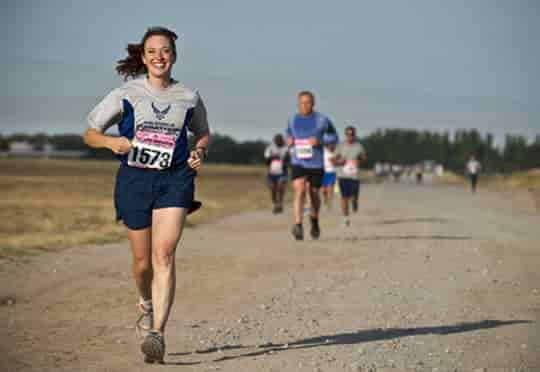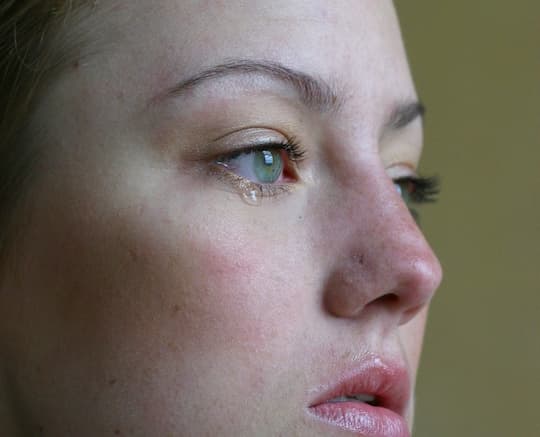The number of steps that reduces dementia by 50 percent and the optimal dosage to lower cardiovascular disease.
Taking 9,800 walking steps is the optimal level for reduced likelihood of getting dementia, but the intensity of your walking could be the key.
A study found that the odds of developing dementia is reduced by 50 percent when people did nearly 10,000 steps.
The reduced risk was 25 percent among those who did 3,800 steps each day, showing that even low levels of physical activity can improve our health.
The benefit was greater when walking was at a brisk pace like power walking or high intensity like hill walking.
Dr Matthew Ahmadi, study co-author, said:
“The take-home message here is that for protective health benefits people could not only ideally aim for 10,000 steps a day but also aim to walk faster.”
Moreover, another study suggests that people who reached the 10,000-step goal are more likely to live longer, and less likely to develop cancer or heart disease.
The main findings
- For every 2,000 steps the odds for cancer, cardiovascular disease, and premature death were reduced, on average, by 10 percent.
- The more steps, the less chance for developing any type of dementia.
- The risk of dementia went down by 25 percent at as little as 3,800 steps a day.
- Walking about 9,800 steps per day was most effective, being associated with a 50 percent decreased dementia risk.
- In addition to number of steps, high intensity or fast walking was an important factor in reducing the chance of developing dementia, cancer and heart disease.
Professor Emmanuel Stamatakis, studies’ senior author, said:
“Step count is easily understood and widely used by the public to track activity levels thanks to the growing popularity of fitness trackers and apps, but rarely do people think about the pace of their steps.
Findings from these studies could inform the first formal step-based physical activity guidelines and help develop effective public health programs aimed at preventing chronic disease.”
The research team used data from the UK Biobank on nearly 78,500 UK adults who were between 40 and 79 years of age.
To measure physical activity, participants had to wear a wrist accelerometer for 24-hours over a week.
A previous study found that walking 7,000 steps (5.6 km or 3 miles) each day lowers the risk of death by about two-thirds in adults compared to those who walk less.
Experts have looked into the 10,000 steps effect and say that people would see the physical and mental health benefits of walking even by just doing 7,500 steps.
The studies were published in JAMA Internal Medicine & JAMA Neurology (Pozo-Cruz et al., 2022; Pozo-Cruz et al., 2022).









